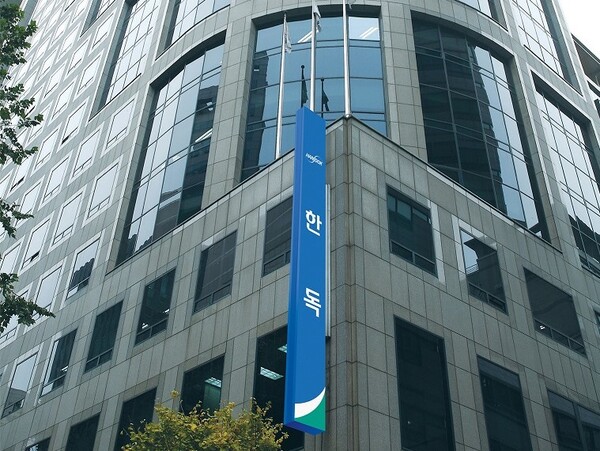
Handok has voluntarily withdrawn its IND (Investigational New Drug) application for a domestic phase 2/3 clinical trial of its biliary tract cancer treatment after failing to meet the Ministry of Food and Drug Safety (MFDS) requirements.
The industry’s attention is now on its impact on the global clinical trial the company conducts with its U.S. partner.
Handok said in a public filing Friday that it has voluntarily withdrawn its phase 2/3 IND application for biliary tract cancer treatment candidate HDB001A.
It comes five months after Handok submitted the IND to the ministry in March.
Initially, Handok sought to confirm the safety and efficacy of HDB001A in adult patients with unresectable advanced, metastatic, or recurrent biliary tract cancer who have received one systemic chemotherapy regimen and planned to evaluate the HDB001A-paclitaxel combination therapy vs. paclitaxel monotherapy.
Handok described the voluntary withdrawal of the IND as "suspension according to strategic decision.” The company decided to withdraw the IND due to the difficulty of winning approval by the ministry's Aug. 11 deadline. Handok will decide whether to resubmit the IND after supplementing the data.
"We submitted the supplementary data requested by the MFDS, the approval authority, and stressed unmet medical needs for secondary treatment of biliary tract cancer. However, due to the MFDS's different opinions on the phase 2/3 trial, we thought it difficult to obtain approval within the deadline and decided to withdraw it voluntarily," Handok said.
Handok did not elaborate on the disagreement with the regulator, but industry observers believe that the high rate of adverse events in phase 2 might have caught up with it.
Earlier, Handok conducted a phase 2 study of HD-B001A combined with paclitaxel in 24 unresectable advanced, metastatic, or recurrent biliary tract cancer patients who had received first- or second-line systemic chemotherapy.
Results showed that the rate of the treatment-emergent adverse events (TEAEs) of grade 3 or higher was 95.8 percent regardless of causality to HD-B001A or paclitaxel, by reporting such symptoms as neutropenia, hypertension, anemia, and thrombocytopenia reported.
The objective response rate (ORR) in patients receiving HD-B001A in combination with paclitaxel was 37.5 percent, with nine partial responses (PRs). Of these, seven in 11 patients receiving HD-B001A as a second-line treatment showed partial responses, resulting in a second-line objective response rate of 63.6 percent.
The delayed entry of HDB001A into phase 2/3 in Korea also raised questions about its impact on the global trial with the company’s U.S. partner.
Handok and NASDAQ-listed Compass Therapeutics plan to conduct phase 2/3 trials of HDB001A at 20 medical institutions in Korea and America through a research and development collaboration. Compass Therapeutics has already received IND approval from the U.S. Food and Drug Administration and is conducting clinical trials.
HDB001A is a bispecific antibody developed by Korean biotech company ABL Bio, which works by inhibiting neovascularization in cancer tissues by acting on VEGF-A and DLL4. ABL Bio licensed domestic commercialization rights to Handok and global commercialization rights outside of Korea to Trigger Therapeutics.
Later, Compass Therapeutics acquired Trigger Therapeutics and its global commercialization rights to HDB001A (excluding China). ABL Bio named its development ABL001, but Compass Therapeutics called it CTX-009. It is also called ES104 by Elpiscience, which holds commercialization rights in China.
The delayed entry of HDB001A into phase 2/3 in Korea has also postponed ABL Bio’s receipt of milestones.

